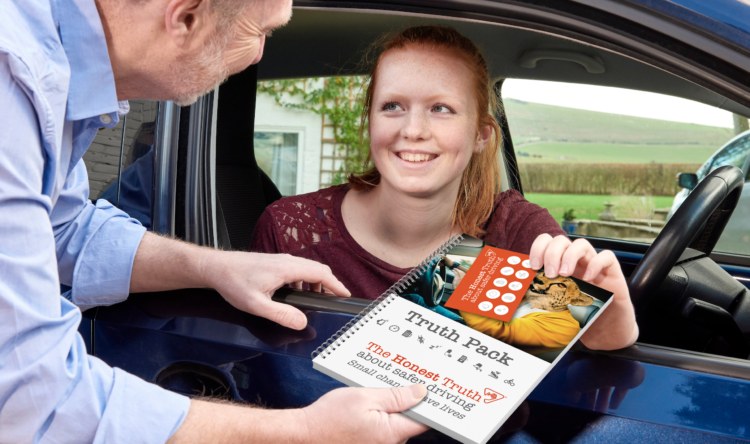Has ‘pay per mile’ got wheels?
We want yo know your thoughts - Vote thumbs up or thumbs down
Philip Gomm – Head of External Comms, RAC Foundation
YES:
Duty from road fuels remains a nice little earner for the Chancellor, amounting to £27 billion each year. Though fuel consumption continues to reduce on a per-vehicle basis, Mr Hammond’s income has held up because there are more vehicles than ever before and between them they are doing record mileage. But the time will come – particularly driven by the electrification push – when revenue will fall. Either the Treasury must start taxing the electricity used by battery-powered cars – potentially a rude shock for current EV owners used to the government purchase subsidies and investment in recharging infrastructure – or it could come up with a different way of taxing all motorists, perhaps on a per mile basis. The winning entry – to which the RAC Foundation contributed – in this year’s Wolfson Economics Prize foresaw a day when such a charge might be collected by insurers. But this is an area where everyone steps lightly, painfully aware that plans by Tony Blair to introduce road pricing failed after a public backlash and a 1.9 million-signature petition against the idea. Since then politicians have gone out of their way to avoid even mentioning the subject. But they all know that change is on the horizon. It’s just when and how. Intentionally or not, the government’s consultation on reshaping the HGV levy might prove to be a relatively controversy-free way for the debate to start afresh.#
Mike Rutherford – Motoring Editor, Writer & Broadcaster
NO:
Not for the first time, I’m suspicious of the DfT and their political ‘leaders’. Saturday December 23 just gone was the day the vast majority of us switched off and began preparations for the festivities. I suspect Transport Secretary Chris Grayling gambled we weren’t looking or listening and chose this day to reveal his idea of a pay per mile (PPM) system. True, he promised that he’s only talking about lorries, but he offers a little comfort to the rest of us by stating that such PPM levies will not be slapped on other vehicles in the “foreseeable future.” What does he mean by that time frame? He’s leaving the door open for a PPM system that hits the vast majority of drivers – from driving commuters trying to avoid high rail fares, to driving instructors trying to earn a living. Trucks being charged additional amounts for every mile they drive are the thin end of the wedge. Once the DfT has introduced the levy for trucks, and honed the complicated and expensive revenue-raising system for doing this, it can be conveniently rolled out to drivers of private and business cars. Think around 50p a mile. Not good, not least because drivers have already paid for the road, bridge and tunnel network several times over via tens of billions per year in motoring taxation. No, I am not a fan of PPM charges cum fines. They’re unjustifiable and unwanted. If politicians think otherwise, let them formally publish their PPM plans in their next manifestos, and then see how they get on in the general election.






